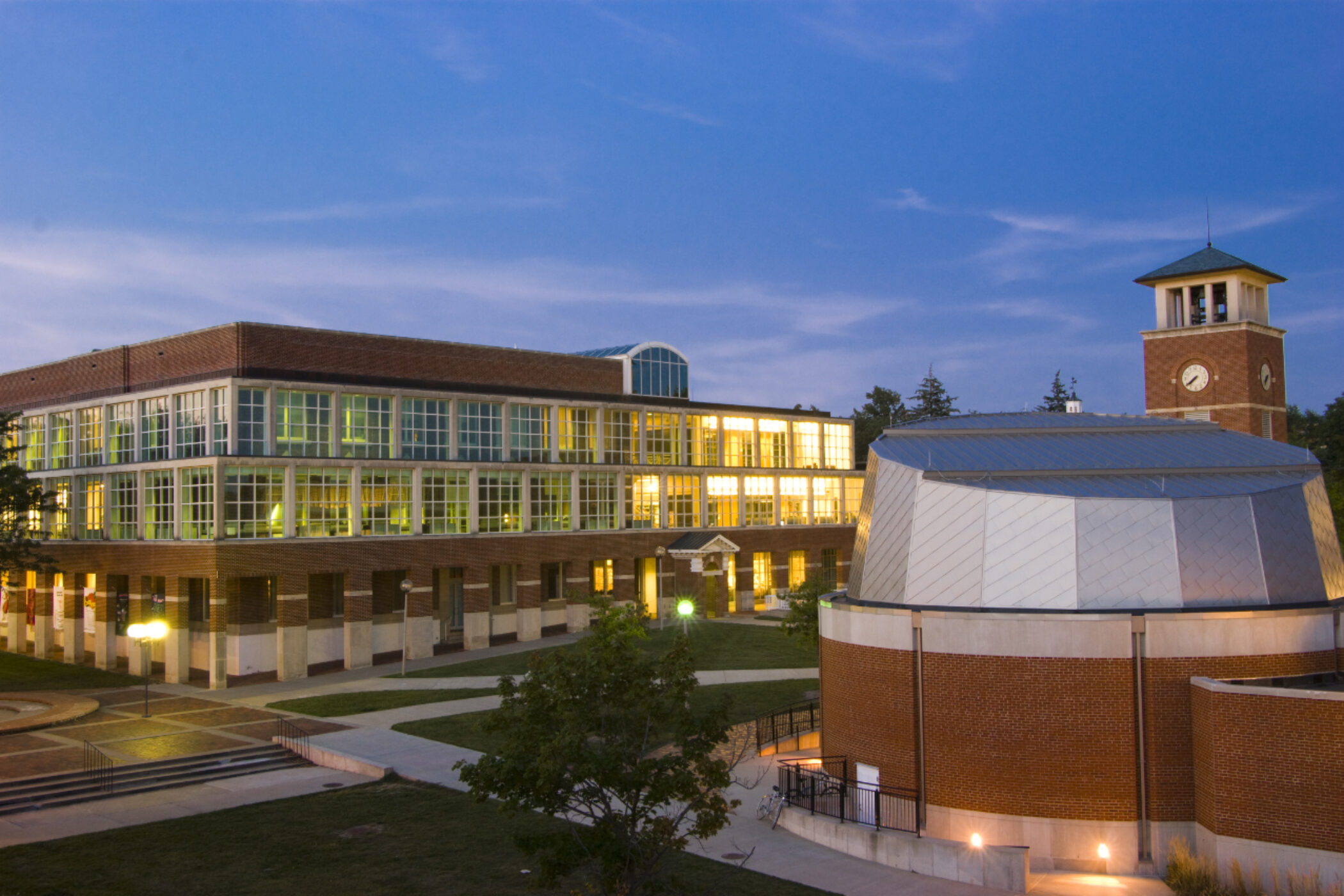Kirksville, Missouri
About Kirksville
With a population of roughly 17,500, Kirksville manages to blend metropolitan style and sophistication with small-town charm. Its two institutions of higher education offer cultural experiences, and events like the Red Barn Arts and Crafts Festival and the Arts Center reveal an interest in music, art, theater, and other presentations. Meanwhile, its downtown center features a traditional town square and an eclectic group of coffee shops, eateries, antiques, and specialty shops.
Home to two universities, Kirksville is a place where you can progress from preschool to a doctoral degree without ever needing to leave town. Its K-12 education system is nationally recognized. Truman State University offers undergraduate and graduate degrees for more than 4,000 students, along with an NCAA Division II athletics program. And Kirksville’s A.T. Still University campus was the nation’s founding school of osteopathic medicine.
Anyone who loves the outdoors will love Kirksville, where an abundance of green space includes Hazel Creek Lake, Rotary Park, and the North Park Ball Complex. Just outside the city limits, Thousand Hills State Park offers hiking, biking, jogging, canoeing, boating, and fishing. And Kirksville also boasts some of the finest whitetail deer and turkey hunting found anywhere in the country.
Community partners
- The Missouri Rural Enterprise and Innovation Center’s (MREIC) purpose is to be a resource for startups, early-stage, and established technology businesses wanting to innovate and grow. Its vision is to be a catalyst for economic development technology-related businesses in the northeast region of Missouri. Its mission is to assist those technology-related businesses in creating and retaining high-paying jobs and boosting innovation in the economy to help local communities grow and prosper. MREIC provides business consulting and development services to startups, early-stage, and established firms.
Explore our Network
Today, these local leaders are focused on educating and training local residents in tech skills (especially those traditionally excluded from the tech industry), employing them in new economy jobs, and empowering them to launch startups that will drive a prosperous 21st-century economy. Diverse in geography, economic origin, and demographics, these communities represent the full spectrum of rural America.
